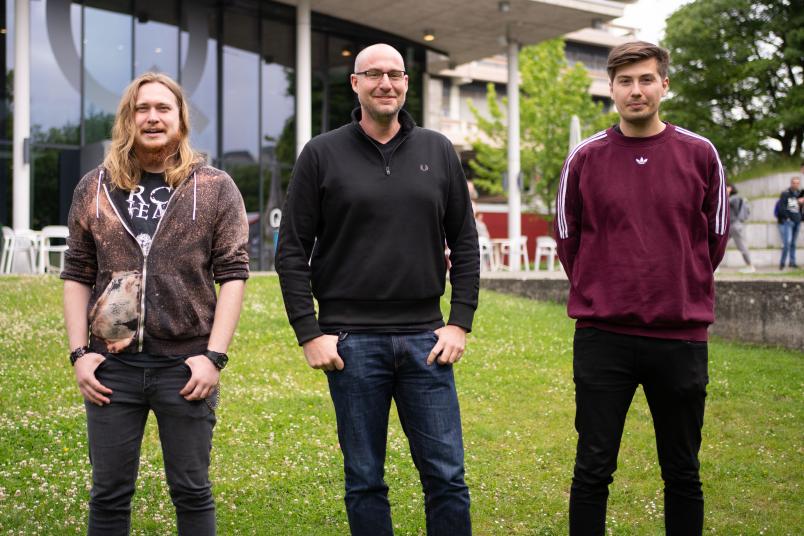
Virology
Bochum establishes new research group for infection research
Computational virology benefits from Big Data analysis and artificial intelligence to elucidate viral replication strategies.
Why do drugs sometimes work against viral infections and sometimes not? What happens between the virus and the host cell and influences the course of the disease? A new research group at the Faculty of Medicine at Ruhr-Universität Bochum (RUB) is trying to answer questions like these using Big Data. The group, led by Dr. Daniel Todt, is based at the Department of Medical and Molecular Virology. The Federal Ministry of Education and Research is funding the setup with 1.7 million euros for five years.
Evolution of viruses and their interaction with the host
The focus of the work is on so-called RNA viruses, for which the Bochum virology team has particular expertise. These include, for example, various hepatitis and coronaviruses such as Sars-Cov-2. “We plan to further expand computational virology in order to gain new insights by evaluating existing huge amounts of data,” explains Daniel Todt. Indeed, there are many areas of application. For example, a large-scale project has so far been unable to elucidate why, after a liver transplant, the new organ is rejected by some patients and not by others. “We want to use viral informatics methods and artificial intelligence to shed new light on the data and find out whether the cause might be related to unrecognized viral pathogens,” explains Todt. To do this, the researchers are specifically looking for genetic fingerprints of viruses in liver biopsies that may be able to explain how the body reacts to the new organ.
In addition, the team is dedicated to the evolution of viruses and the interaction between virus and host cell. Viruses such as the hepatitis E virus can gain advantages by incorporating parts of human mRNA from their host cells into their own genetic information. This allows them, for example, to replicate more rapidly and potentially escape treatment with antiviral drugs. The parts of human genetic information taken over by the virus are presumably random and then turn out to be of advantage or disadvantage to the virus. The researchers want to clarify whether there are commonalities between advantageous gene sections and how their incorporation affects them.
The interdisciplinary approach of the group, which combines expertise from medicine and computer science, promises new insights into the evolution and virus-host interaction of RNA viruses. “The funding will enable us to tackle many exciting translational projects and thus contribute to the development of new antiviral strategies in the long term,” says bioinformatician Daniel Todt.